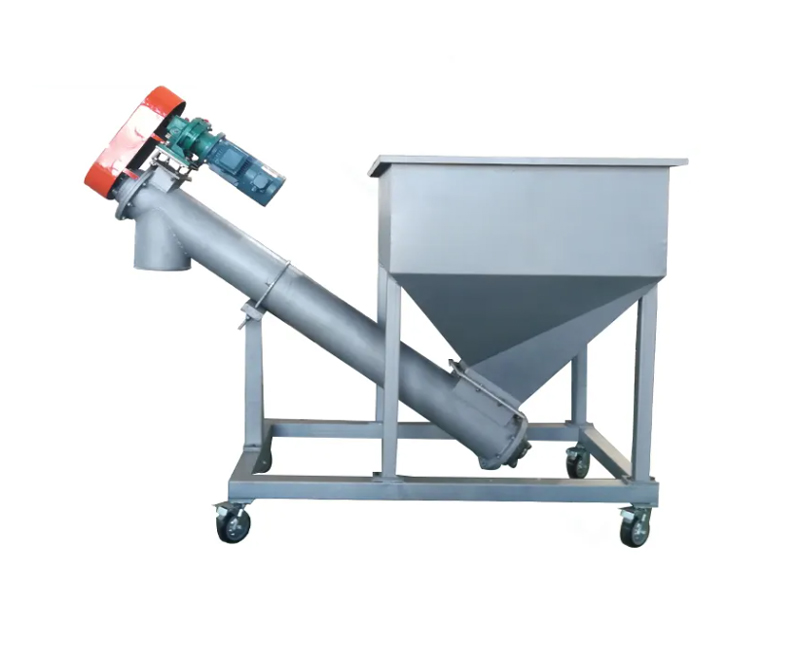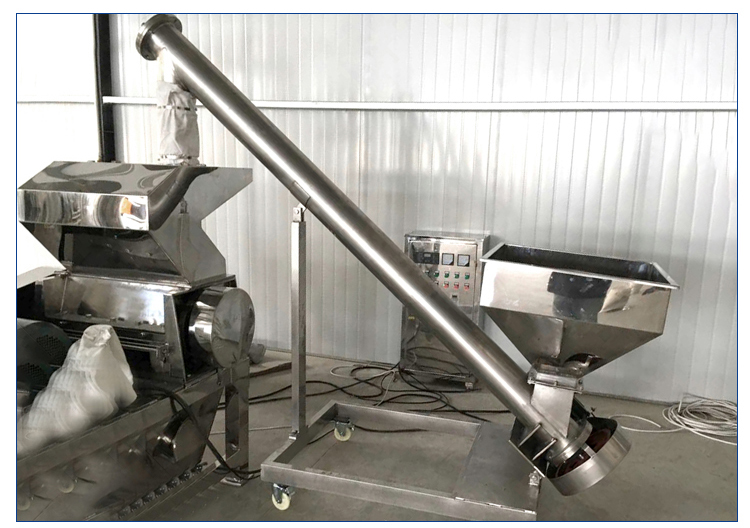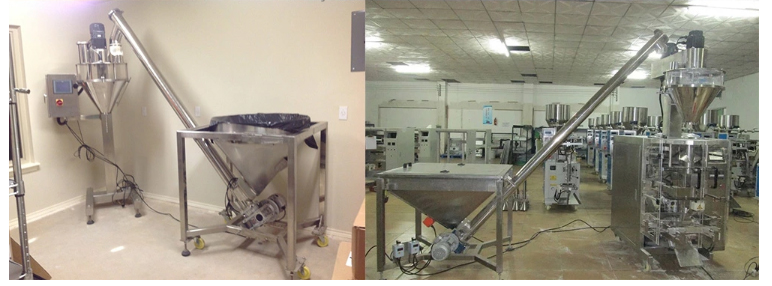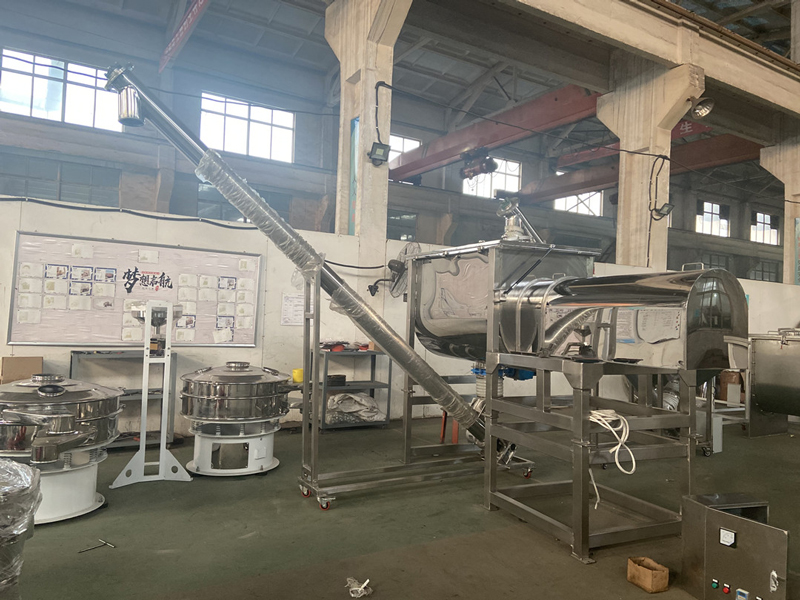Screw conveyors used in batching plants have a variety of features that make them suitable for conveying powdery or granular materials.

Screw conveyors are often used in batching plants to transport cement, fly ash, aggregate and other powdery or granular materials. The following are some specific applications of screw conveyors in batching plants:
Cement Transport: Mixing equipment that can be used to transport cement from storage silos to batching plants, is designed to deal with the abrasive characteristics of cement, and can be customized to suit the specific flow and capacity requirements of an application.
Fly ash transportation: Fly ash is a by-product of coal combustion and is often used as a supplementary cementitious material in concrete, which can be used to transport fly ash from storage silos to mixing equipment in batching plants for fine particle size and low accumulation density of fly ash.
Aggregate Transport: Mixing equipment that can be used to transport aggregates from storage silos to batching plants can be designed to handle aggregates of different sizes and shapes and can be customized to suit the specific flow and capacity requirements of an application.
Additive delivery: It can be used to transport various additives such as water, admixtures, and color pigments from the storage tank to the mixing equipment of the batching plant. Screw conveyors can be customized to address specific properties of additives and ensure accurate dosing.

Versatility: Can be customized to handle a variety of materials including cement, fly ash, aggregates and various additives.
Efficiency: It can convey materials over long distances and at high flow rates, which can improve the efficiency of batching plants.
Accuracy: Screw conveyors ensure precise metering of material, resulting in consistent product quality and minimizing waste.
Reliability: Screw conveyors are a reliable method of material transportation and require minimal maintenance.
Customization: Can be customized to fit the space constraints of the batching plant and to accommodate the specific flow and capacity requirements of the application.
Durability: Usually made of durable materials, such as carbon steel or stainless steel, that can withstand the wear and tear of certain materials.
Safety: Safety features such as emergency stop devices and safety interlocks can be designed to ensure safe operation.

Here are some key considerations for using screw conveyors in batching plants:
Capacity: The capacity of the screw conveyor should be sufficient to handle the required flow of the material being conveyed. Capacity can be determined by screw size, flight pitch and rotational speed.
Material properties: The properties of the material being conveyed, such as particle size, density and flow characteristics, will determine the design of the screw and housing.
Configuration: It can be configured into different shapes and sizes to suit the space constraints of the batching plant.
Loading and unloading: The design of the inlet and outlet of the screw conveyor should be adapted to the loading and unloading requirements of the conveyed materials.
Controls: Can be integrated into batching plant controls to automate conveyor operations and ensure accurate dosing of materials.
Maintenance: It should be easy to maintain and clean to ensure efficient and safe operation.

Overall, screw conveyors are an efficient and reliable choice for conveying materials in batching plants, the specific design of the screw conveyor will depend on the requirements of the application and the material being conveyed to ensure that the screw conveyor is customized to meet the specific needs of the screw conveyor for batching plant.
Address:China,Yanjin county forest park gate to the west 1000 meters north road.